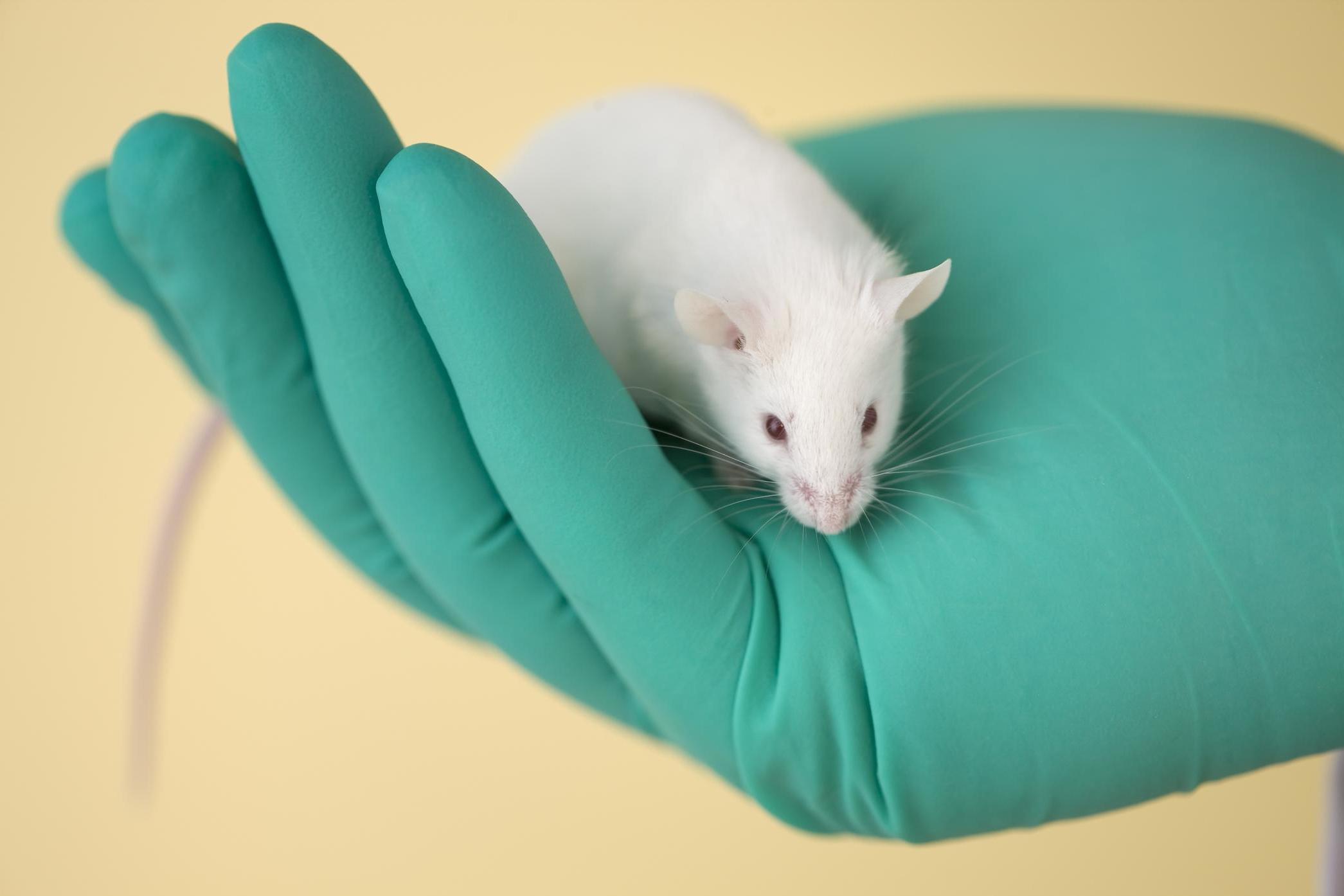Unilever announces support for worldwide ban on animal-tested cosmetics
Roughly 115 million animals are used in experiments worldwide each year

Your support helps us to tell the story
From reproductive rights to climate change to Big Tech, The Independent is on the ground when the story is developing. Whether it's investigating the financials of Elon Musk's pro-Trump PAC or producing our latest documentary, 'The A Word', which shines a light on the American women fighting for reproductive rights, we know how important it is to parse out the facts from the messaging.
At such a critical moment in US history, we need reporters on the ground. Your donation allows us to keep sending journalists to speak to both sides of the story.
The Independent is trusted by Americans across the entire political spectrum. And unlike many other quality news outlets, we choose not to lock Americans out of our reporting and analysis with paywalls. We believe quality journalism should be available to everyone, paid for by those who can afford it.
Your support makes all the difference.Unilever is calling for a global ban on animal testing for cosmetics as part of a collaboration with animal protection group Humane Society International (HSI).
The controversial form of testing beauty products has been banned in the EU since 2013, but research from Cruelty Free International suggests that at least 115 million animals are still used in experiments worldwide each year.
The leading personal care company owns a total of 57 brands, meaning its advocation of a worldwide ban on animal testing could mark the beginning of a monumental change in the cosmetic industry.
In a statement published on Tuesday, Unilever also revealed that Dove, one of its most successful brands, has now gained cruelty-free status after receiving accreditation from People for the Ethical Treatment of Animals (PETA).
“More than 35 countries already have bans in place on cosmetics testing and we’ve got over 30 years’ experience developing non-animal approaches for product safety testing and collaborate with 50 partners across the world,” a spokesperson for Unilever tells The Independent.
“We openly share our expertise and approaches and are offering to collaborate with an even broader range of stakeholders.
“We’re hopeful that if companies, NGOs and governments work together, we’ll soon be able to assess the safety of all cosmetics without any need for animal testing anywhere in the world.”
HSl's vice president for research & toxicology, Troy Seidle added that he hopes Unilever's decision will inspire other beauty brands to follow suit and put an end to animal testing once and for all.
“Every company will tell you it supports alternatives to animal testing for cosmetics, but Unilever is the first of the beauty giants to throw its weight behind banning it altogether," he said.
"We urge other large beauty brands to follow this example and join us on the right side of history.”
The news comes one month after the state of California announced it would be banning the sale of cosmetic products that have been tested on animals as of 2020.
Animal testing typically involves a series of scientific experiments that are thought to cause live animals pain, distress and lasting harm.
Scientists use it as a way of assessing the effectiveness of medicinal and/or cosmetic products.
According to Cruelty Free International, common experiments include: exposing animals to radiation, forcing them to inhale toxic gases and injecting or force feeding them with potentially harmful substances. Often, animals used for testing are killed at the end of the experiment.
The most frequently used animals are mice, fish, rats, rabbits and guinea pigs.
Join our commenting forum
Join thought-provoking conversations, follow other Independent readers and see their replies
Comments